An Illustrated Outline of Buddhism: The Essentials of Buddhist Spirituality (37 page)
Read An Illustrated Outline of Buddhism: The Essentials of Buddhist Spirituality Online
Authors: William Stoddart,Joseph A. Fitzgerald
Tags: #Philosophy

The Question of Reincarnation
125
Some of those who have failed to understand the doctrine of
anātmā
(see pp. 43-46) have gone so far as to allege that Buddhism
denies the existence of the soul. In point of fact, Buddhism takes enor-
mous pains to emphasize “karmic continuity” or, in the words of Frit-
hjof Schuon, “the moral causality of that living and conscious nucleus
that is the [human] ego”.2 The numerous references in the Buddhist
Scriptures to posthumous hel s (the fate awaiting those who have
squandered the precious gift of human life) cannot be lightly brushed
aside.
*
* *
The term “reincarnation” is sometimes used to describe the mecha-
nism of Tibetan lamaist succession, for example, that of the Dalai La-
mas. This is rather misleading, however, as in this case, it is the “office”
or “function” (and not the individual) that is “reincarnated”. It would
be more accurate to say that the office or function is “bequeathed”,
“transmitted”, or “passed on” to a traditional y chosen successor.
A twentieth-century Dalai Lama might well say: “As I said in
1600. . .”. Here it is the office or function that is speaking. A Pope often
says something like: “As my august predecessor said in 1600. . .”. In
Tibetan terms, he could just as well say: “As I said in 1600. . .”. In such
cases it is the office or function that is involved.
The perfume of flowers goes not against the wind, not even the
perfume of sandalwood, rose-bay, or jasmine; but the perfume
of virtue travels against the wind and reaches unto the ends of
the earth.
Dhammapada, 54
2 Frithjof Schuon,
Treasures of Buddhism
, p. 37.
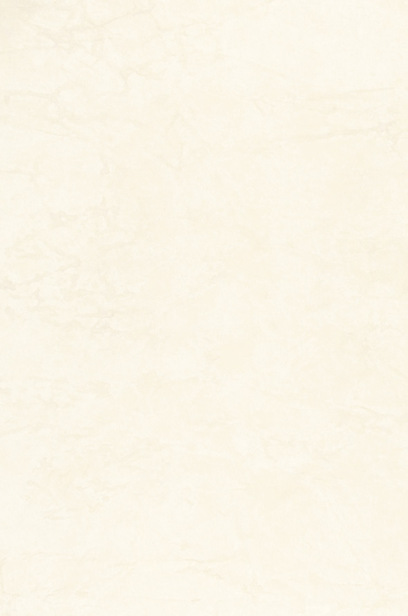

126
An Illustrated Outline of Buddhism
Tai Chi,
Returning Late from a Spring Outing
, China, 15th century
At the horrible time of the end, men will be malevolent, false,
evil, and obtuse and they will imagine that they have reached
perfection when it will be nothing of the sort.
Saddharma-Pundarīka-Sūtra
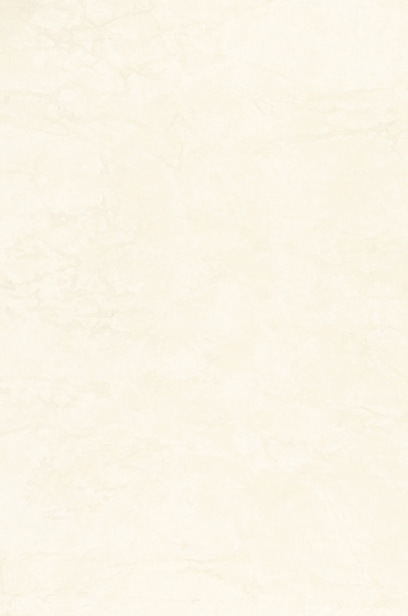
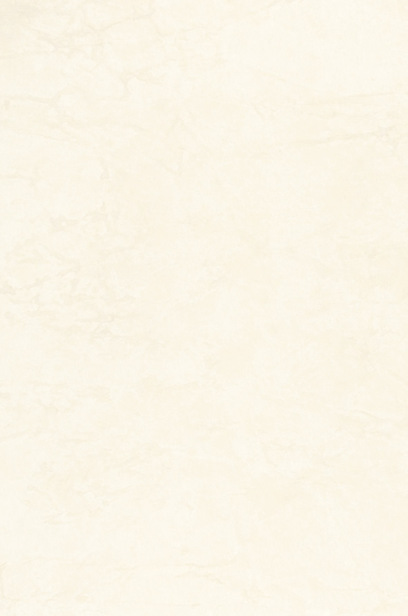
127
(22) The Question of “Pantheism”
Very often the term “pantheism” is applied to Oriental doctrines, espe-
cial y the metaphysical and/or mystical doctrines of Buddhism (both
Hīnayāna
and
Mahāyāna
),
Vedānta, Taoism, and Sufism. The immedi-
ate and formal answer to this is that no traditional doctrine is panthe-
istic, since the vague, superficial, and contradictory notion of panthe-
ism (a material or substantial identity between two different levels of
reality) is a purely modern phenomenon.
What rescues all traditional doctrine, including Buddhist, from
the charge of pantheism is, in a word, transcendence: Ultimate Real-
ity is transcendent, and there is no material or substantial identity be-
tween Ultimate Reality and the manifested world (or between Creator
and creation, as the “theistic” religions would say). This applies also in
the case of Hindu and Greek “emanationism”, in which the Principle
remains whol y transcendent of any of its manifestations.
Of course all metaphysical or mystical doctrines (be they Oriental,
Greek, or Christian) are doctrines of union. The metaphysicians and
mystics of the great religions have referred to different degrees of union,
notably ontological or supra-ontological, that is to say, relating either to
the level of “Being” or “Beyond-Being”. (See pp. 48, 50-51.) Christ said:
“I and the Father are one”, and the Christian way is essential y to unite
oneself with Christ. In Hinduism, it is said that “all things are
Ātmā
”.
This means (and it is in accordance with the doctrine of Plato) that al
things have their principle on a level of reality
above
the one on which
they “exist”, and that the Principle of principles is
Ātmā
.
There is indeed
“essential” identity, but there is “substantial” discontinuity.
In Hinduism it is also said: “The world is false,
Brahma
is true”,
while in Christianity it is said: “Heaven and earth shall pass away, but
My words will not pass away.” To al ude to the ephemerality of all cre-
ated things (something that has been known from time immemorial)
is not pantheism, but simply true doctrine.
It is true that there are mystical and scriptural expressions (both
Oriental and Christian) which use figures of material continuity, for
example, when it is said that all creatures are vessels made from the
same Clay, or that all rivers return to the one Ocean; or again, when
Christ says: “I am the vine, ye are the branches.” However, the symbolic
nature of such utterances is perfectly clear, and in any case the tradi-
tional commentaries ensure that the principle of transcendence is ful y
safeguarded.
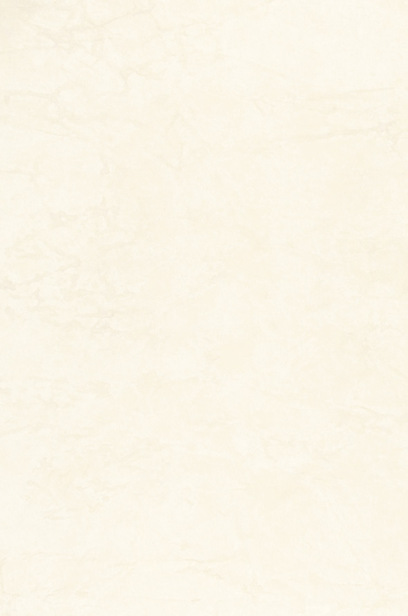

128
An Illustrated Outline of Buddhism
The idea of a material or substantial identity between two differ-
ent levels of reality (or the obtuseness of taking literal y any metaphor
which might seem to suggest this) devolves on European philosophers
and poets of recent centuries. The idea is far from reality and devoid of
meaning; it is foreign to Buddhism and all other traditional perspec-
tives.
Torii
at Itsukushima Shrine, Miyajima, Hiroshima Prefecture, Japan
People find themselves drowning in a sea of accidents; they do
not know how to reach the one substance which alone is truth.
Chiang Chih-chi
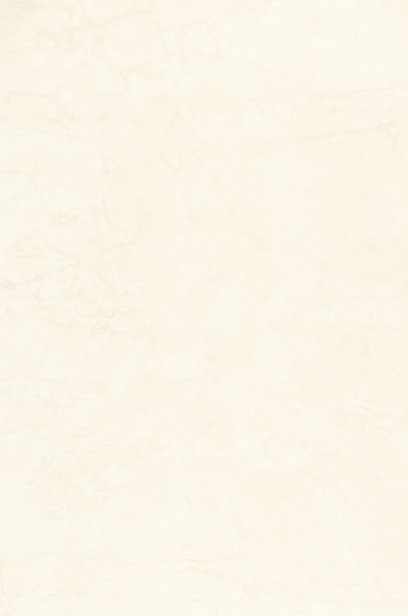
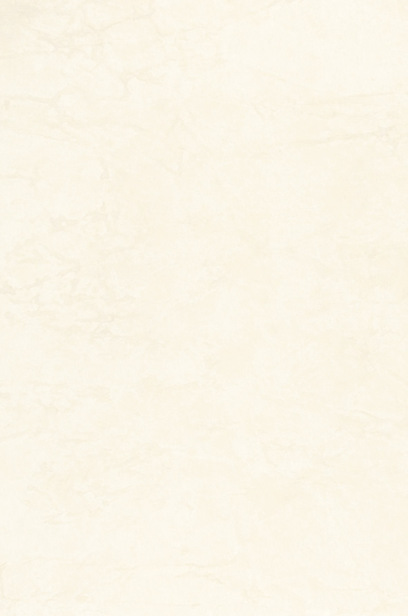
129
(23) Shinto: Buddhism’s Partner in Japan
“The Way of the Gods” (Kami-no-Michi)
As mentioned on pp. 54 and 101, certain indigenous traditions (de-
rivatives of Hyperborean shamanism) co-exist with Buddhism in some
